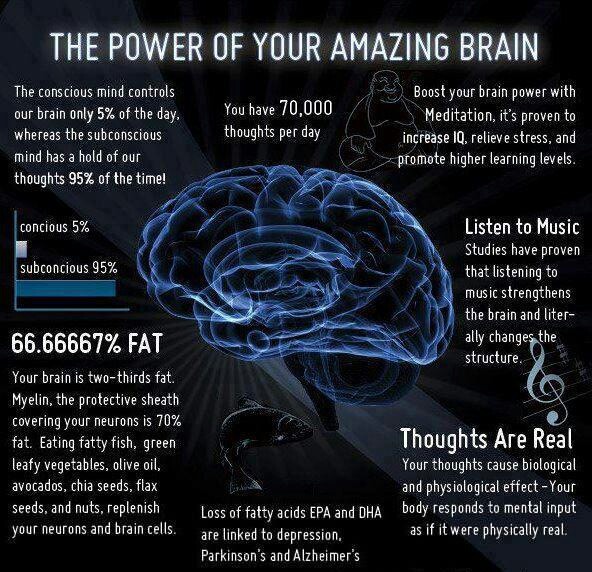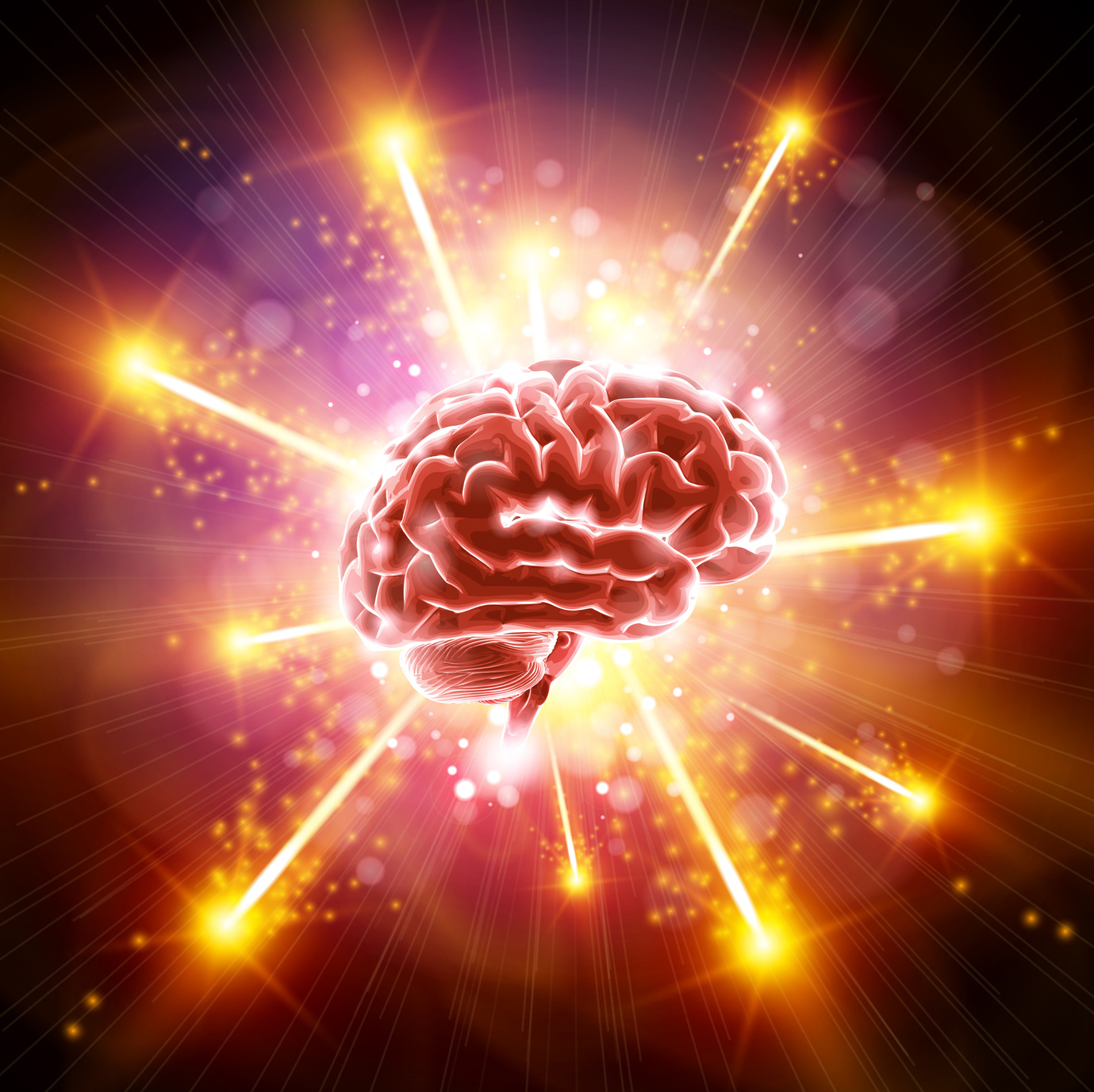The human brain uses 20 of the entire body s energy

The Human Brain: A Powerhouse of Energy

When it comes to energy consumption, the human brain takes center stage. This incredible organ, weighing just around three pounds, accounts for an astonishing 20% of the entire body’s energy usage. It is a veritable powerhouse that never rests, continuously working to keep us alive, aware, and functioning at our best.
Research has shown that despite its compact size, the brain constantly needs a substantial amount of energy to perform its myriad of functions. From processing thoughts and emotions to controlling bodily movements, the brain is the control center that keeps everything running smoothly. It requires a substantial supply of energy to generate the electrical signals that allow us to think, feel, and experience the world around us.

But why does the brain require such a significant amount of energy? The answer lies in its complex architecture and the demanding nature of its activities. The brain consists of billions of nerve cells called neurons, which communicate with each other and form intricate networks. These networks are constantly firing electrical impulses, enabling us to think, solve problems, and even daydream.
Additionally, the brain requires energy to maintain and repair neurons, produce neurotransmitters, and create new connections between cells. It operates on a 24/7 basis, even during periods of rest or sleep when it consolidates memories and prepares for the challenges of the next day. This continuous demand for energy highlights the brain’s vital role in our daily lives, shaping our thoughts, behaviors, and overall well-being.
But where does all this energy come from? The brain relies primarily on glucose, a simple sugar derived from the food we eat. Glucose serves as the brain’s main fuel source, providing the energy needed to sustain its countless activities. In fact, the brain utilizes around 25% of the body’s glucose supply, despite accounting for a mere 2% of its overall weight.
To ensure a steady supply of glucose, the brain has a sophisticated system in place. It extracts glucose from the bloodstream and stores it in the form of glycogen within its cells. This reserve is then tapped into whenever the brain requires an extra burst of energy, such as during periods of intense concentration or complex problem-solving.
In addition to glucose, the brain also needs a constant supply of oxygen to function optimally. Oxygen is essential for the brain’s energy-producing processes, allowing for the efficient breakdown of glucose and the generation of adenosine triphosphate (ATP) – the molecule that powers cellular functions.
Overall, the brain’s high-energy demands underscore just how vital it is to our overall well-being. It is not only the epicenter of our thoughts and consciousness but also an energy-consuming powerhouse. So, next time you marvel at the wonders of the human brain, remember that behind every thought and every action lies an intricate web of energy-consuming processes that keep us functioning at our best.
Sources:
Share
Related Posts
Quick Links
Legal Stuff

